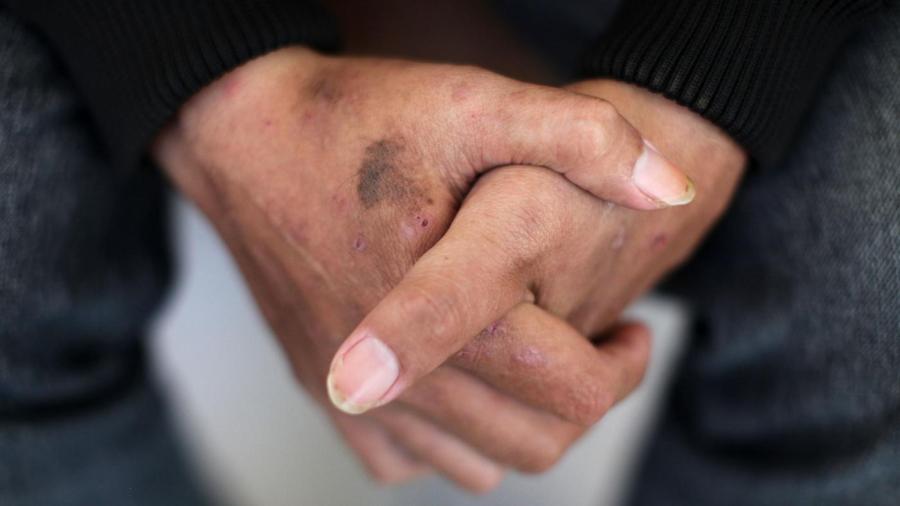What Are HIV Symptoms in Women?

Common symptoms in women during the first stage of HIV infection include fatigue, headache, muscle aches, fever, and nausea and vomiting, according to WebMD. Swollen lymph nodes, night sweats, shortness of breath, and a non-itchy, red rash on the torso may also appear.
Additional signs of an HIV infection in the early stage include unexplained weight loss, persistent purple spots on the skin, severe, prolonged diarrhea, and a fever that is present for 10 days or longer, notes WebMD. Women may experience yeast infections in the vagina, mouth or throat. They may bruise easily or bleed without known cause. One of the earliest symptoms of HIV infection, the swollen lymph nodes on the neck, groin, armpits and back of the head, may remain for several months as the immune system struggles to fight off the infection, adds Healthline.
The first, acute stage of HIV infection, called seroconversion, occurs during the six weeks after exposure to the virus and the resultant infection, explains WebMD. The symptoms typically last for two weeks and then disappear when the virus moves into the second, asymptomatic period, which can last up to 10 years. As the HIV kills the CD4 T-cells, the immune system is destroyed, and the woman becomes susceptible to numerous infections. She is then at risk for developing acquired immune deficiency syndrome, or AIDS. This advanced stage of HIV infection is diagnosed when the CD4 T-cell number drops below 200.





